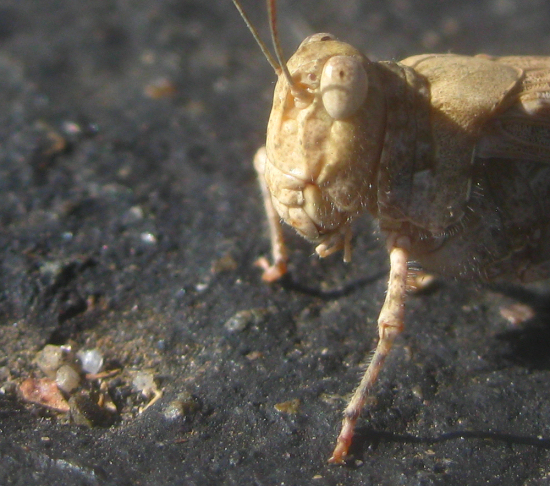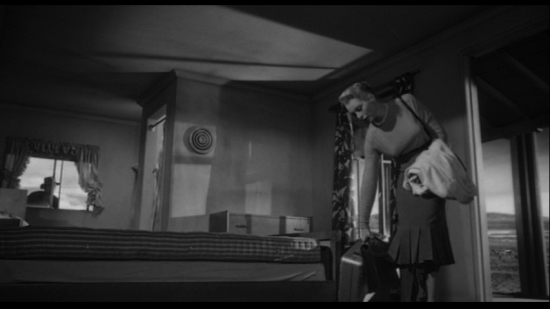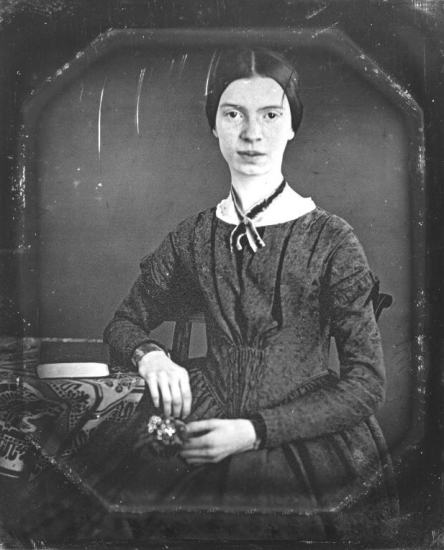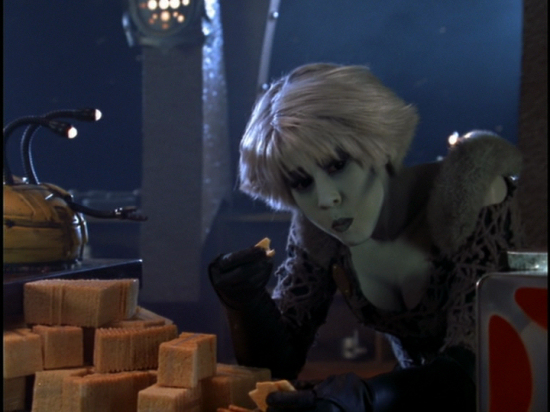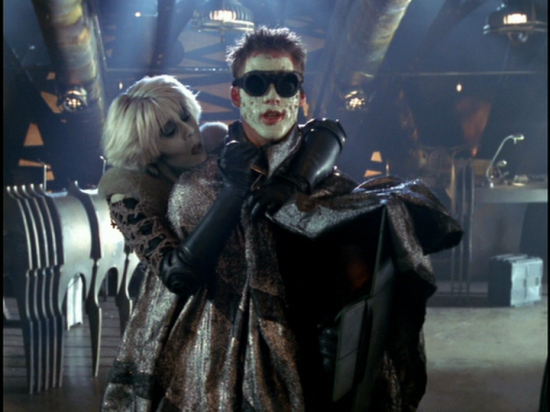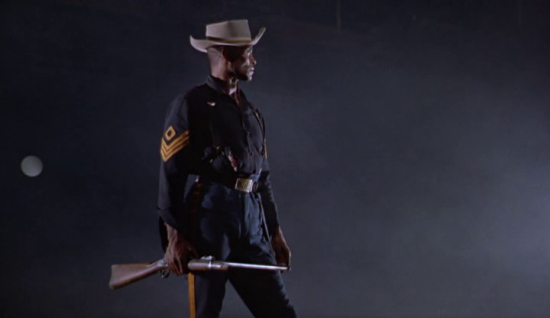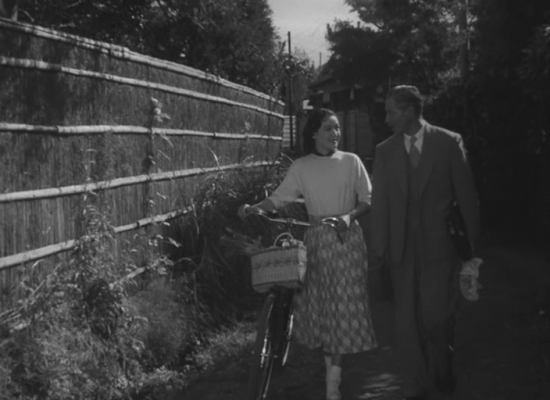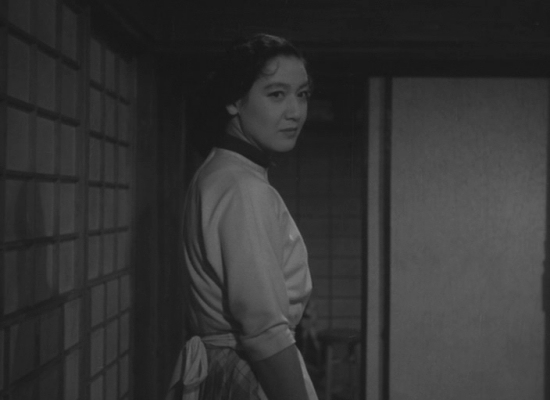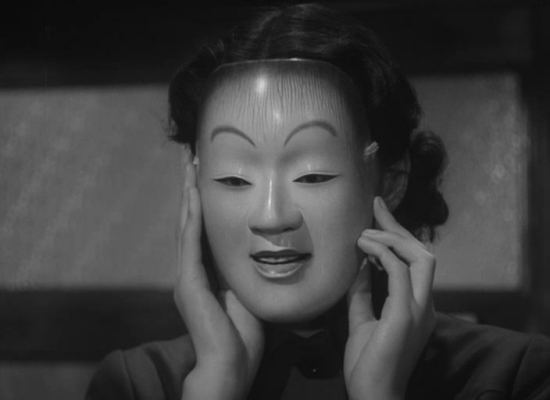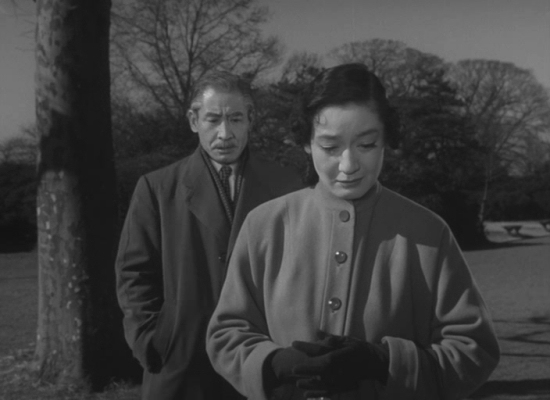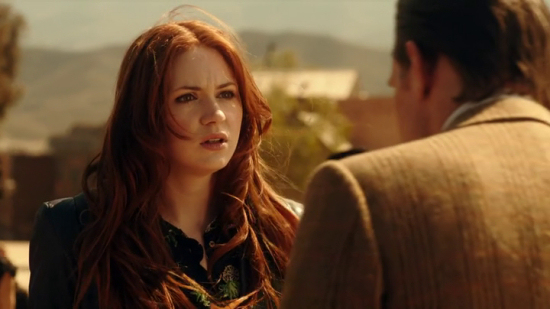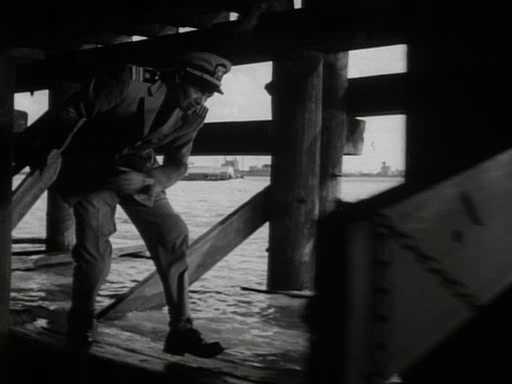
He tells Susan Hayward the appeal of riding rodeo is, "maybe something you can't explain to a woman." But to take the perspective on sex out of it, what Robert Mitchum, in 1952's The Lusty Men, means is maybe you can't explain it to someone practical. For a space of time rarely exceeding ten seconds, he and his fellow rodeo performers risk their necks because, "For a little bit there you're a lot more than you are walking down the street, eating or sleeping." The movie might otherwise be a straightforward cautionary tale of trading a stable, happy living situation for an unpredictable and dangerous but fulfilling career except for the incredible coolness of Robert Mitchum. When he talks about riding rodeo, he talks about it from the apparent perspective of someone who's attained a rare peace and insight into the universe, almost single-handedly giving this film its very nice thematic depth and complexity.
Susan Hayward more than ably presents the other side of the coin, as Louise, a woman who grew up poor and made it the sole focus of her life to create a stable home where she didn't have to worry about where the food's coming from, where she could have simple luxuries like silk stockings and a nice dress. This life appealed to her so much that she carefully chose a husband based on whether or not he was a man who could realise her dream and less upon actual love between them--he's played with a sort of dumb innocence by Arthur Kennedy.
But when they run across rodeo star Jeff McCloud (Mitchum), now a drifter due to a broken leg, Wes (Kennedy) is bitten by the rodeo bug and his eyes light up with the ambition of being a rodeo rider. And the life goes to his head --in spite of all of it, Louise stands by him and what seemed to be a marriage of convenience is really more complicated. Halfway through the movie, I doubt anyone doesn't detest Wes as he thinks nothing of hanging around a flirtatious blonde in front of his wife, leaving his wife at home and going to parties with another woman, who Hayward has a lovely catfight with.

In a way, though, this is why Louise cast her lot with Wes--he's dumb and easily influenced. By contrast, the rodeo is portrayed as a world where men are in charge of things. Repeatedly throughout the movie, riding in the rodeo is compared to sex--a couple of guys who spy on Louise sleeping in a car talk about a "filly" that needs the right kind of man to ride her. Several times in the movie, men directly describe riding a horse or a bull as being like handling a woman.

But the idea of a conflict between man's paradigm, the rodeo, and woman's paradigm, the home, is broken down by Mitchum's character. He falls in love with Louise, despite her unshakable commitment to roping Wes, and its in this we see something nobler in his pursuit for self fulfilment than dominating another being to fit his dream--he's willing to sacrifice his ego. Rejected, he goes back to the rodeo, despite not being in shape for it. When Hayward, stunned, learns the news, she disagrees with a girl who says it's because Jeff wants to prove something to himself or to Wes or to anyone, but she can't articulate to herself Jeff's motivation her intuition makes her certain of.
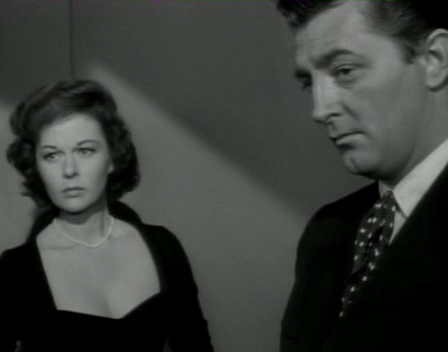
Twitter Sonnet #431
Hibiscus scales conceal strawberry tats.
Ordinary noodles drop diligence.
Yellowed parchment panics all the packrats.
Rolls resistance to strength's intelligence.
Domino millstone Tammany Halls dim.
Allocated capo pillows deflate.
Nervous marbles screech on the silver rim.
Acute air tight funnels failed to debate.
Posing pumpkin light kindles the false squash.
Ghouls too green for the orange brain should recede.
Cherry blossoms trace Hieronymus Bosch.
Frightened sugars are too smug to concede.
Himalayan dreams rend the blue blood nun.
Even moons think they're too close to the sun.







